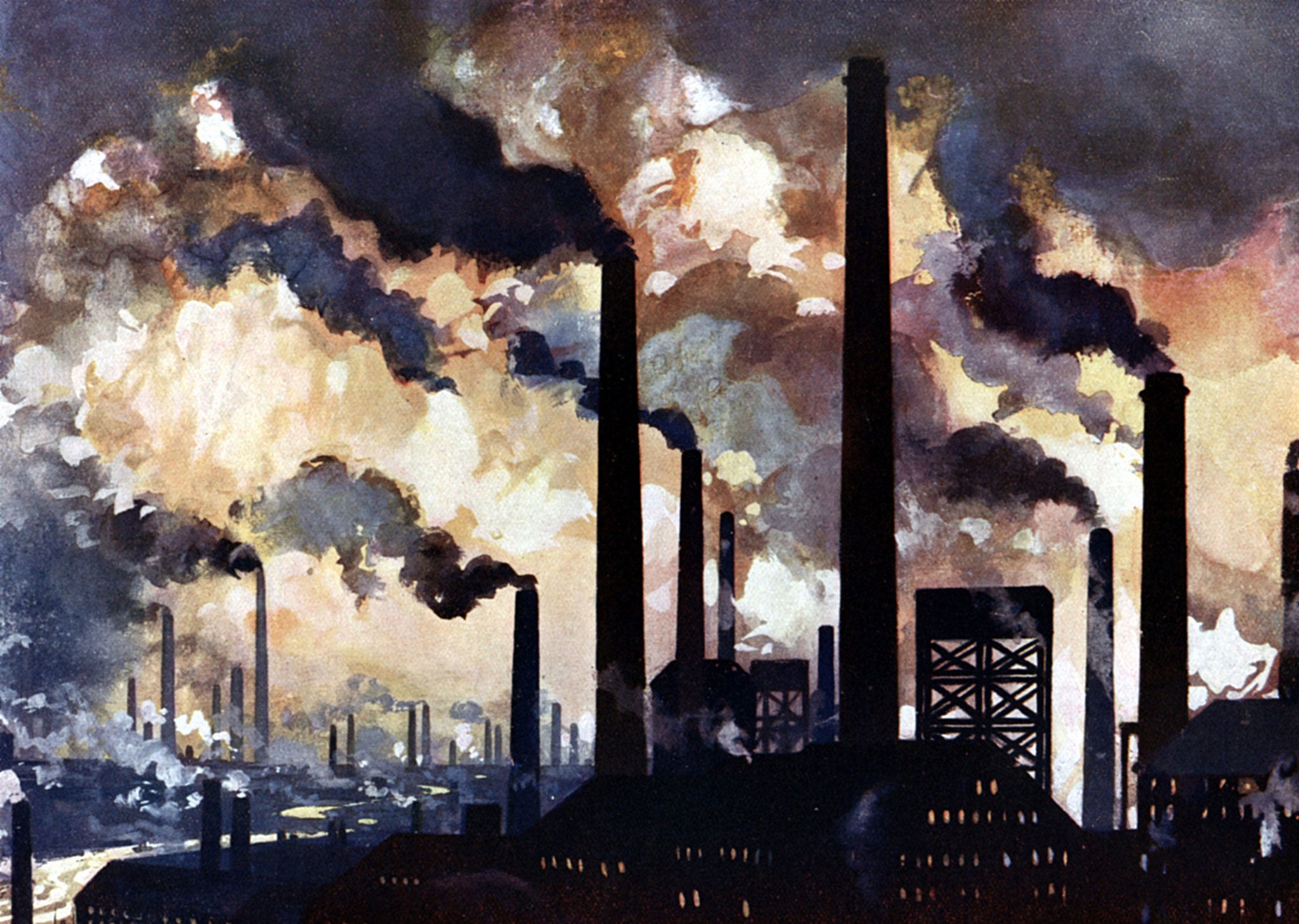From Potsdam to Sheffield: The best new volumes of poetry inspired by places also sketch new maps of the mind

All these collections are concerned to realise place, but are also absorbed with dreams. Fiona Sampson's Coleshill (Chatto & Windus, £10) takes its name from the Oxfordshire village where she lives. It's more often the backdrop to emotional unease than inspiration, even though near an alleged site of Arthur's last battle, Badon Hill.
The poems travel over ground both familiar and dangerous, as is reinforced by a spasmodic set of 14 loose sonnets. Their irregular occurrence contributes to the unease. Bees fall from sky: "little scabs of air". An incubus arrives to break a dream. A sleeper wakes to hear "angels making music in hell".
The dominant word is "dark". Yet it's possible to read this as more than a chronicle of instability, because of Sampson's flair. Ladybirds open "like paper hearts"; bumblebees come "nudging and thudding" against her work-shed; we are all "flat-footed insects/ dimpling the dark". Her language is a pleasure, but you'll emerge from Coleshill unsettled, even if the last sonnet ends: "If you're not dead you're doing alright".
From the disturbed shadows of Coleshill to Matthew Sweeney's populous otherworlds in Horse Music (Bloodaxe, £9.95): here gnomes bash pipes with hammers, dwarves are high on schnapps, a sleepwalker shoots himself, a fox – "its eyes were brown pools of turf-water" – joins a rail traveller to Potsdam. In Sweeney's poems, things happen for no reason, it seems, other than to tantalise and entertain. But the cumulative effect is to force us to consider imagination itself: its quirks, its curious dissatisfaction with the everyday.
The star turn is Sweeney's National Poetry Competition prize-winner from 2010, "A History of Glassblowing", in which successively bizarre creations appear ("in Oaxaca,/ in 1929, a small version of the Sierra/ Madre was blown, with golddiggers/ on its lower slopes"). These are dreams of yearning, regret, joy.
Most powerful is "The Photos on the Wall" about an "ex-racehorse, tired of stud", captured in snapshots, galloping to death in the sea – after a career of rehearsing for this, in the speaker's contrary opinion. Death fills Horse Music, but the dead are demanding, irritable, capable of coming back to life and stealing bicycles. I've a slight doubt about the unrelenting movement of each poem – the rhythms are unyielding – but this is a wonderful collection, madcap, laconic, and provocative too.
Although Helen Mort is just 28, it's surprising that Division Street (Chatto & Windus, £12), now shortlisted for the TS Eliot Prize, is her first full collection - so frequently and impressively does her work appear in magazines and competitions. The centrepiece is "Scab", a sequence about the Orgreave colliery battle (the year before she was born), and the collection resonates with images of the north that she re-lives, most strikingly a Sheffield pub "Where men stride in/ still sweating from the braziers/ that vanished thirty years ago/ and tug their collars,/ loosening the noose of heat".
The past informs her poems: in "Thread", she writes of being "tethered" to "an ancestor/ who looks on silently/ from an old print: your face/ in his and his in yours". There are dream poems here too, as in the "auditorium/ where nobody is clapping" in "Sleep"; and even her accounts of relationships ending have a spooky, disturbing quality. It's a brilliant debut.
Maurice Riordan's The Water Stealer (Faber & Faber, £12.99) frequently refers to waking out of dreams, but his otherworld is his Irish childhood, "heat-struck hours with my cousins/ pawdawling in the duckwees".'
Sometimes past and present coalesce, as in "The Flight", when he wakes from a dream in which his mother's alive, has a flight to catch, but no passport. With great cunning, he locks us into the dream, just as he locks us into the re-imagined places of youth: a bar, the next-door farm, an orchard.
Like Sampson, who feels her "younger self ascending through me/ like a shiver", so Riordan has "come upon myself/ as a canny impostor". All these collections, of which Riordan's is the freshest, most exhilarating, word-rich sequence, define their writers' identities repeatedly: in dreams, in strange or half-remembered places.
Join our commenting forum
Join thought-provoking conversations, follow other Independent readers and see their replies
Comments